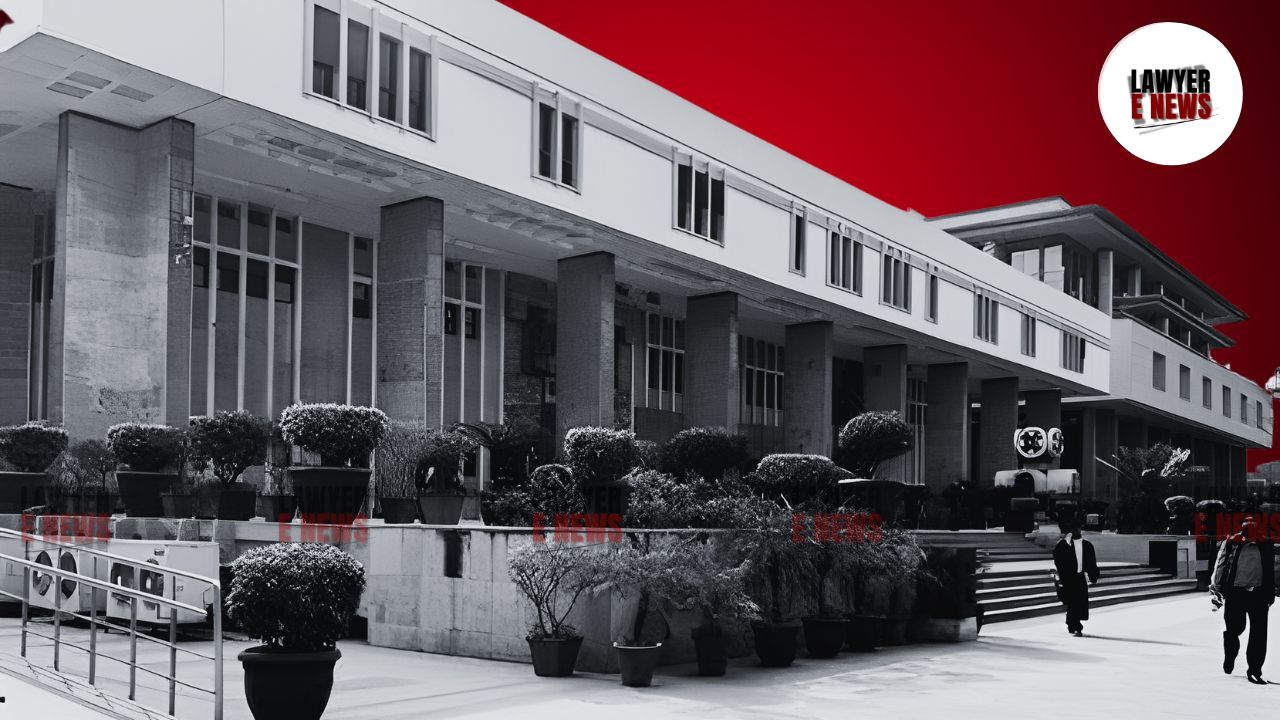-
by sayum
14 February 2026 2:22 PM



Delhi High Court rejected the Sports Authority of India’s (SAI) applications seeking recall of its previous order dated February 28, 2024, which extended the timeline for SAI to comply with directives issued by the Central Administrative Tribunal (CAT). The court emphasized the sanctity of concessions made by counsel in court and held that a party cannot escape commitments made through their representatives without demonstrating specific circumstances.
The case originated from the CAT's judgment dated November 4, 2023, in favor of contractual employees of SAI. The CAT had quashed termination orders issued in February 2023 and directed SAI to consider the affected employees as "Initial Constituents" under the 2022 Recruitment Rules, providing eight weeks for compliance. Instead of challenging the CAT's substantive directives, SAI sought an extension of time through writ petitions, which the High Court granted on February 28, 2024.
Months later, SAI filed recall applications, arguing that their counsel’s concession recorded in the February 28 order was based on a misunderstanding of CAT's directive. The organization contended that they did not intend to pre-judge the status of the contractual employees as "Initial Constituents" but sought only to pass an appropriate reasoned order after considering the facts.
The court strongly reaffirmed the binding nature of statements and undertakings made by legal representatives:
"Orders, concessions, and undertakings tendered by Counsel at the Bar cannot be allowed to lose sanctity based on claims of misunderstanding or erroneous interpretation."
The court cited the absence of any assertion that the concession exceeded counsel’s authority or was made without instructions, noting:
"Such an attempt would result in judicial chaos, allowing parties to withdraw or alter statements at will, undermining the integrity of judicial proceedings."
SAI argued that their April 18, 2024 speaking order, passed ostensibly in compliance with the High Court’s February directive, had been challenged in contempt proceedings before CAT. However, the court maintained:
"The Tribunal is the appropriate forum to determine whether the order complies with its directive. We do not express any opinion on whether contempt is made out."
The court stressed that judicial orders could not be reopened lightly, particularly when the relief sought in recall applications did not indicate a factual or legal error in the original order:
"The only escape from a concession by Counsel is if the client disowns it on affidavit, claiming lack of authorization. That is not the case here."
The court dismissed the recall applications, reiterating that the rights of SAI in the ongoing contempt proceedings before CAT remain unaffected. The court clarified:
"The executive is bound by law to comply with judicial orders. The petitioner’s apprehension of an adverse finding in contempt proceedings cannot justify a revisitation of judicial orders."
The decision reinforces critical principles in judicial processes, particularly:
Finality of Concessions: Statements by counsel bind the parties unless proven unauthorized or made in bad faith.
Accountability in Compliance: Executives and agencies must adhere to judicial directives without attempting procedural evasion.
Judicial Discipline: Recall applications are not substitutes for appeals or reviews and cannot be used to circumvent binding commitments.
Date of Decision: November 26, 2024
